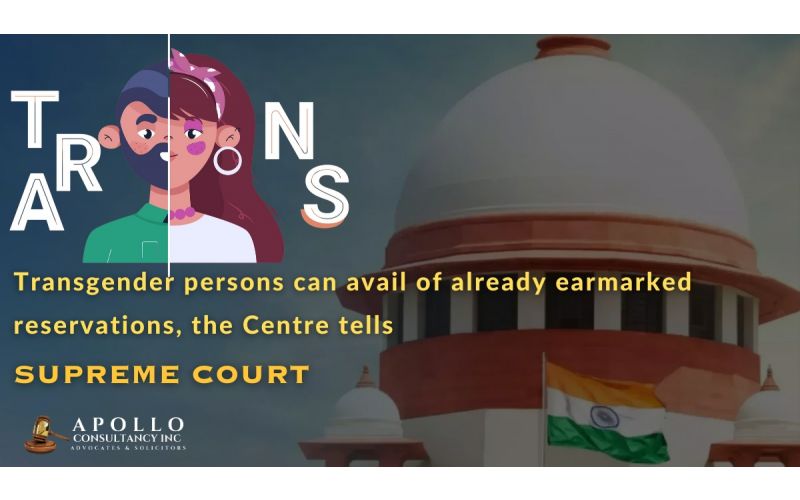SC : Divorce Can Be Granted On ‘Grounds Of Irretrievable B

SC : Divorce Can Be Granted On ‘Grounds Of Irretrievable Breakdown’
The Supreme Court on May 1 held that it can use its extraordinary powers to do “complete justice” under Article 142 of the Constitution and dissolve a marriage on the ground of ‘irretrievable breakdown’ of the union.
Usually, the apex court has to refer the parties back to the family courts concerned for a long wait for a formal decree of separation and divorce.
Read More >
Post Categories
Featured Posts
Latest Posts
Latest Posts

Supreme Court Stays High Court Order On Old Pension Scheme For Paramilitary Forces...
The Supreme Court on Friday stayed the Delhi High Court judgment which held that the old pension scheme OPS will be implemented in the Central Paramilitary Forces CAPF During a brief hearing a bench of Justices Sanjeev Khanna and Bela...

Inheritance and Succession Laws What Every NRI Should Know...
For Non-Resident Indians NRIs navigating inheritance and succession laws in India can be complex Whether dealing with ancestral property inheriting assets or managing family estates NRIs must understand the legal framework to safeguard their rights and avoid disputes Here are...

Transgender Persons Can Avail Of Already Earmarked Reservations The Centre Tells Supreme Court...
The Centre has informed the Supreme Court that transgender persons can avail the already earmarked reservations in jobs and educational admissions and there is no separate reservation being provided to them In the top court directed the Centre and...

Cheque Bounce Case Can Be Quashed U S Only If Amount Is Patently Non-Recoverable...
The Supreme Court observed that the question whether a cheque was issued towards a time barred debt is to be decided on evidence ldquo It is only in cases wherein an amount which is out and out non-recoverable towards which...

CJI DY Chandrachud Launches e-DHCR Portal calls it 'Powerful Platform' For Digital Publication of...
Chief Justice of India Justice DY Chandrachud on Monday launched the e-DHCR portal a user friendly official platform for reporting the judgments of Delhi High Court nbsp CJI Chandrachud said that the initiative marks a ldquo profound shift rdquo in...

Speak With Our
Get a Appointment

















